The Nation of Namibia has a rich cultural history and has also adopted German traditions. Both aspects of the culture can be seen in the numerous celebrations and festivals conduced in the young but proud nation. The festivals can be loud, entertaining, colorful and it offers diverse cuisines in order to keep up with two great traditions. In a calendar of different events, visitors can be treated to local traditional performances, energetic and colorful carnivals and even a widely popular beer festival, mimicking a very German tradition, the Octoberfest. The knowledge and traditions of two diverse cultures make the festivals of this land uniquely exciting.
Who would not like to be dressed both, in the local attire to take part in costume and masked parades, and then fill up on the most popular and refreshing beverages in the world? The energy and enthusiasm shown by the participants can easily match the popular events and carnivals held in any other part of the world. Music dance, tradition, fun and food would be the right words to describe the various events in the country. A visitor can come in to find out about the history, culture and tradition of the country and stay on for the fun. In the diverse and rich wreath of events, spread over the year, these three festivals occupy a place of pride.

Enjando/ Mbapira Street Festival (March)
As the name suggest this isa festival filled with fun, dance, beats and rhythm, which showcases the rich cultural tradition of this proud nation. It is conducted in the month of March every year. The dance traditions, which have been entertaining its population for centuries, conduced during cultural and social events like births and marriages, are performed for the benefit for visitors from all parts of the world. A nations riches is in its cultural inheritance and visitors can clearly see their rich traditions through dance and music. It is said, the man learned to create beats and music before interactive language was born, and this festival would prove that performing arts, like music and dance,has no boundaries. Everyone gets caught up in the rhythm and moves in the way of the traditional dance, and that’s what makes this festival special. Every region of Africa has its own music and dance traditions. One fact that binds them all, is the spirit of the tradition. Like the human race which moved out of Africa thousands of years ago, we are now accepting the dance and music tradition of the region. Traditions seeped in history is not easy to erase, and this festival successfully reinstates cultural values.
The events starting in the central part of the capital city Windhoek continues for two days, which features colorful ethnic costumes, traditional music and dance, attracting equal numbers of the local population. The scale of the event, which shows local cultural traditions, iswell apricated by all the patrons. A visitor has to come with an open mind to understand the age-old performing art traditions. One can learn about art and perseverance from the local performance artists. They have sincerely practiced their craft for years and now are showcasing them to the whole wide world through the festival. Cultural and arttraditions that would have been lost are given a new lease of life. Namibians can proudly boast about their performing art traditions as they have about their culture. The west had been introduced to the skill of the African craftsmen for centuries now, it is time for the region to show off its other cultural traditions. Interactive sessions and workshops make the event even more educational. Anthropologist visit these events to know the history of human development. Children learn about the life of their ancestors and parents learn about the true meaning of cultural inheritance. The wealth of knowledge gained from these cultural experiences cannot be quantified. An expert can look at the art and traditions and make a connection with traditions of other cultures. We know that art and cultural knowledge is not lost, it just gets interpreted in many other ways. One should not just attend for the beats and dance but try to understand the common thread that connects them to the past.

Heroes’ Day (August 26)
Like most nations on the African continent, Namibia has its share of struggle and sufferings. They hadsucceeded in the strive to gain indolence from its colonizers and had lost a significant number of its population. This event remembers and celebrates its Heroes who valiantly sacrificed their lives for the country. It does not try to demonize their colonizers but rather celebrates the positives without forgetting about the past. They try to apricate the spirit of the men and women who took on a formidable opponent and came out victorious. Lives were lost but true freedom gained. The lives lost puts a value to the freedom. They are free because brave people paid with their lives.
Celebrated every year in August in the town of Okahandja, this energetic and colorful festival is commemorated with people parading in traditional costumes and conduction of military processions. The noble message of gratitude is in line with the Namibian tradition of honoring their ancestors. The festival brings a modern twist to a very old tradition of thanking the people who walked the land before them. The rich variety of events like parades and rendition of patriotic poetry makes this festival different but uniquely special. Events like this must be in records, and what can be more popular than songs and poems written in the praise of the brave ones. The songs that boil one’s blood and release the spirit can truly honor the fallen heroes.
On the weekend closest to the historic date of August 26, which is the official Heroes’ day, the Red Flag Herero, people parade in traditional dresses in memory of their fallen warriors and chiefs killed in battles with the Nama and the Germans. They are following a time-honored tradition of never forgetting the past and appreciating the sacrifices of men and women who have contributed for both the culture and nation building. They know the present is a gift from the freedom fighters of the past. Like any nation who has gone from similar struggles they would like to learn from the past incidents, so that it cannot be repeated. In peaceful times we celebrate and remember people who have given their lives for the nation, and this festival accomplishes that mission.

Oktoberfest (October26-27)
This is the easiest festival to identify if one is from the west. Namibians have proudly adopted a very German tradition and made it an event to remember. This festival which as the name suggests is held annually in October and cannot be compared with any other event in the continent. The event is more than just drinking jugs of beer, it also involves costumes parties, sausages, fun and games. The hardworking Germans have taken on this common-man tradition and made it one of the most popular events in Europe, and Octoberfest aims to do the same in the African continent. Every hardworking person must be entertained in a relaxing environment, and what can accomplish that but mugs of refreshingly light beverages. People put their ego and status behind and enjoy life as a child would: carefree, loaded with fun and games. Any game played with a belly full of refreshing spirits would be silly but no less relaxing and fun, and that is what makes the beer-chugging festival, held on two continents, very popular. Anyone with the legal age can walk in and have the time of their life. The event does not discriminate on race and creed, it just lifts the human spirit. Come for the drinks and leave with a lifetime of memories.
The capital city of Windhoek is transformed during the period of the festivities. The international crowd can be seen participating in beer-swilling, playing light-hearted games. The presence of Lederhosen, oompah bands and Dirndl dresses brings the spirit of Germany to the southern hemisphere. A little bit of Germany on the African continent, adding to it the African spirit makes an unbeatable event. The humble common man’s refreshing drink takes a place of pride on this platform. Beer takes on the stronger spirits and wins the battle. It does not matter if the beverage is consumed in a temperate zone or a tropical one, it refreshes both the mind and body. If one finds Germany too far and expensive, they can always find Namibia- an affordable but fun destination, offering the same if not better entertainment.
Would you like to hear some stories about the experience at those festivals? Then you should check out Sun-Dried Icicles for the best travel stories.

List of other major festivals
- February: Bank Windhoek Arts Festival
- March: Enjando/ Mbapira Street Festival-Traditional Dances
- April: WIKA -Windhoek Karnewal
- May: Africa day
- August: Kuste Karnewal
- August: Heroes’ Day, Okahandja
- September: Lusata Festival, Chincimane Village
- September: German Arts and Cultural Festival
- September: Artists Trail, Omaruru
- September- November: Oruuano of Namibia Arts Festival, Soweto market, Katutura
- October: White Flag Herero Day
- October: Octoberfest
- October: Windhoek Show- Agricultural, Industrial & Cultural Fair


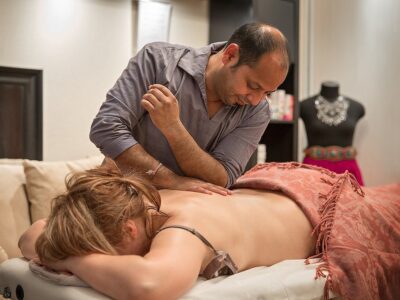
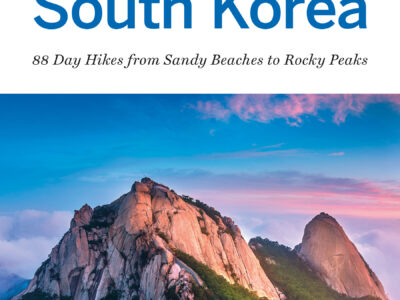
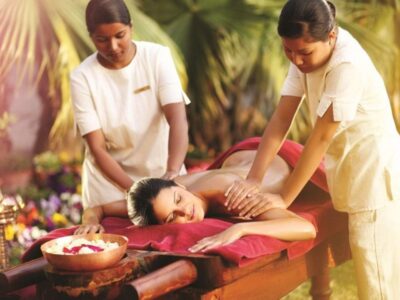

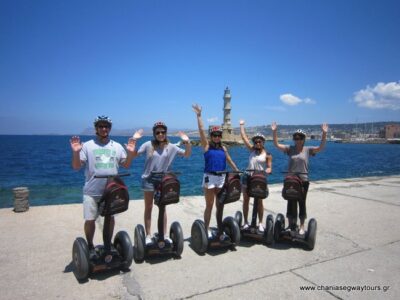


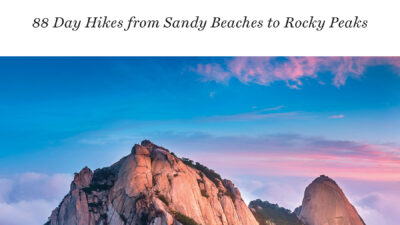

Comments